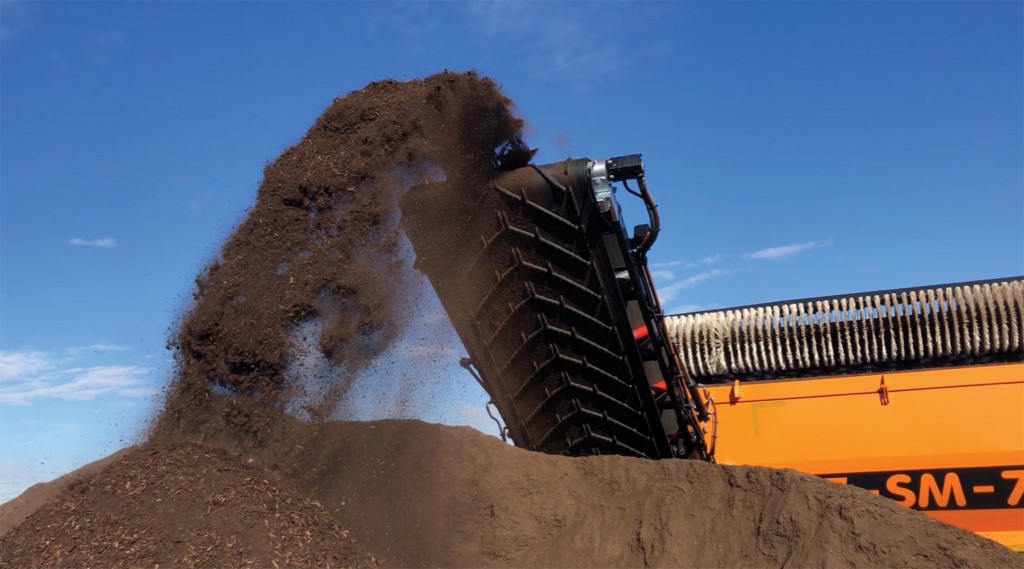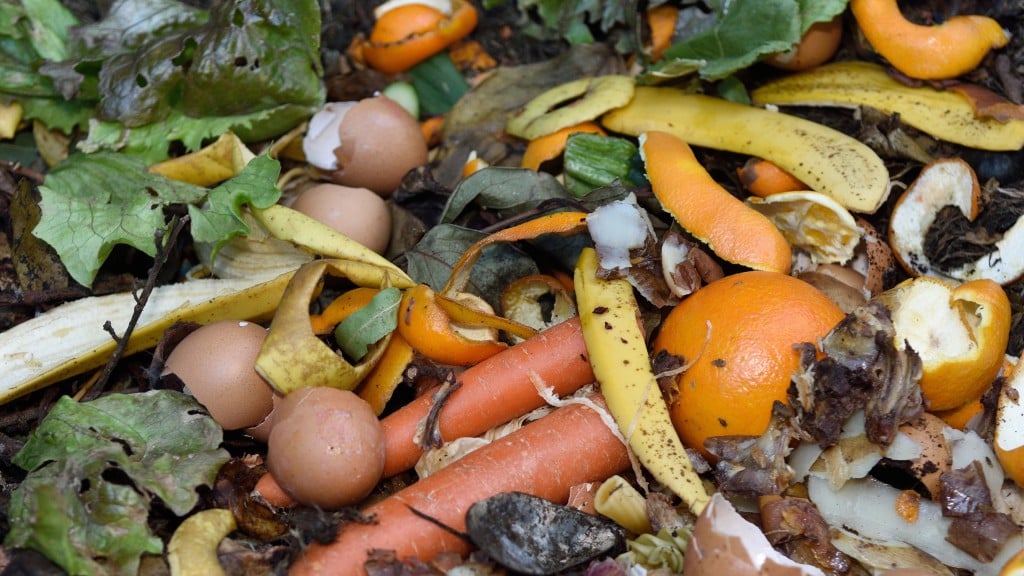
Never has the time been better for advancing the composting industry through legislation and regulation. At the US Composting Council, we've been monitoring bills at the state level - where most of our work has focused since our founding in the 1990s - because this is where solid waste flow control happens in the U.S. If you looked back just five years ago, and searched legislative databases for state bills related to composting, only a handful would turn up. However, a recent search of Legiscan showed more than 500 state bills with the word "compost" in them across the U.S., and more than 300 bills focused on healthy soil.
Currently, we have legislation at the federal level being worked on including The Compost Act, which is meant to build infrastructure and catalyze compost use on farms across the U.S. Composting programs are currently part of the Build Back Better budget reconciliation bill, and the Compost Infrastructure Coalition, a diverse group of partners lobbying for federal infrastructure funding, is laying tracks for a spot in the Farm Bill in advance of its 2023 scheduled update.
The Compost Industry has four focus areas for legislation and regulation changes at all levels of government:
Infrastructure
Conservative estimates show only 10 percent of U.S. compost facilities are accepting food scraps. One of the biggest obstacles is capital. The Compost Act addresses this shortfall with a call for $2 billion over a decade to scale up existing yard trim composting facilities and build new ones capable of accepting food scraps along with other organics.
Compost use
Whether it's a state Department of Transportation, a county highway administration, or even a local building code for new development, compost use has been integrated into a number of agencies through work done by USCC and the Market Development Committee. This needs to expand to provide the market side of developing infrastructure. There are now 13 DOTs on the list who specify compost in their projects, and the industry is boosted by compost use and buyback policies cropping up more and more at the county level.
Permitting and zoning
A new Model Zoning Template is coming to completion to help municipalities embed compost zoning in their local codes, as well as an updated state Model Rule Template. USCC issued the first model rule template in 2012, which has been the source of tiered compost regulations in nearly a dozen states since its release. The revised templates under development will account for new feedstocks, composting methods and scales, resulting in more sites and facilities across the country overall.
Training and certification
The composting industry's aim is to have more rigorous regulations and goals in this area. One bad composter can ruin the reputation of composting in a state or region (or province) for a decade. Having training standards and a national certification standard cements commercial compost manufacturing as a mature and professional business sector. USCC now has a five-year-old professional certification program with nearly 100 people certified across the country for their expertise running facilities and programs.
It's also important to mention work the industry is doing outside of legislation to establish its longevity. The USCC is working with the Environment Research and Education Foundation (EREF) on the first in-depth and comprehensive look at the industry's impact nationwide, and follow-up data collection will continue to keep this critical information at the fingertips of investors, bankers and entrepreneurs. An application to the U.S. Census Bureau has also finally resulted in ‘Compost Manufacturing' being given its own code (325315) in the North American Industry Classification System. This standalone classification means the U.S. Census Bureau will collect industry metrics annually, which has been a long-term goal of the USCC.
Additionally, available advocacy tools have been updated and are now available on the USCC website, including training for chapters and members on lobbying strategies. Also in 2022, USCC will launch a database to provide rapid digital lobbying for compost legislation and regulations.
With these new tools and a clear focus, the compost industry can optimize its legislative day in the sun and advance. All of this will be part of the discussion at COMPOST2022, the USCC annual meeting and convention, set for January 24-27, in Austin, Texas.
This article was originally published as "The Last Word" in the November/December 2021 edition of Recycling Product News, Volume 29, Number 8.
Company info
PO Box 19246
Raleigh, NC
US, 27619
Website:
compostingcouncil.org
Phone number:
301-897-2715



